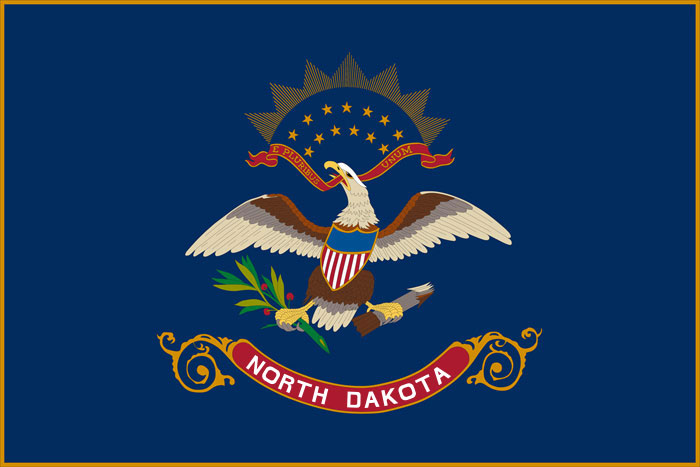Accreditation
The Life Skills and Transition Center has received the highest levels of accreditation since 1989 from The Council on Quality and Leadership in Supports for People with Disabilities (CQL). CQL's survey is based on the Basic Assurance Outcomes achieved by the agency over its accreditation period. The Center received a Three-Year Quality Assurance Accreditation in January of 2024. CQL Accreditation requires a continual plan of improvement, with LSTC already having plans and goals in place and being worked on for the next survey in 2027.
Certification
The agency has been certified by the Centers for Medicare and Medicaid Services (CMS, previously Health Care Financing Administration/Title XIX) since the early 1980s.
Background and History
The Life Skills and Transition Center dates back to 1903 when the legislature allocated funds for a facility to educate and care for people with mental retardation (intellectual and developmental disabilities). Starting in May 1904, people were admitted directly from communities and were transferred from the North Dakota State Hospital to the new facility in Grafton, N.D.
Originally known as the Institution for the Feeble-Minded, the name was changed in the 1930s to Grafton State School to recognize the training emphasis at the facility. In the early 1960s the San Haven Tuberculosis Sanitarium near Dunseith, N.D., became a satellite facility. Like most facilities in the United States for people with developmental disabilities, the Grafton State School reached its peak population in the late 1960s. At that time, about 1,300 people were served per day through the San Haven and Grafton locations. Admissions decreased and population levels began to fall when special educational services became available in school districts starting in the late 1960s/early 1970s.
Inadequate resources made it difficult to maintain buildings and adequately address overcrowding and service concerns. The North Dakota ARC initiated a lawsuit in Federal District Court. In 1982, a United States District Court ruling in the case of the Association for Retarded Citizens of North Dakota, et al., vs. State of North Dakota, resulted in substantial, court-ordered changes to North Dakota's service system for people with developmental disabilities. The San Haven location closed in 1989, and the state has significantly expanded opportunities for people with developmental disabilities to live, work and participate in their home communities. The Center earned accreditation from The Council on Quality Services for People with Disabilities in 1989 and has sustained that accreditation. Court review ended in 1995.
Since 2000, the Life Skills and Transition Center's population has ranged from 160 to now less than 80 people with developmental disabilities on our campus. Current plans are to continue to decrease the number of people served in the Life Skills and Transition Center ICF/MR residential services. The agency is now a Licensed Provider of day services and has added an ICF/MR Adolescent Service component to address the needs of adolescents unable to be served by private provider services. Our CARES program was established in 1994, and the service added direct support outreach capabilities in 2008. The CARES program has since been incorporated into the Statewide Crisis Stabilization Services offered by the North Dakota Health and Human Services Department.

